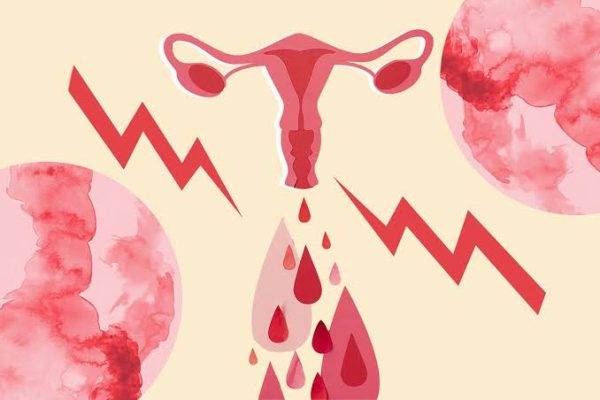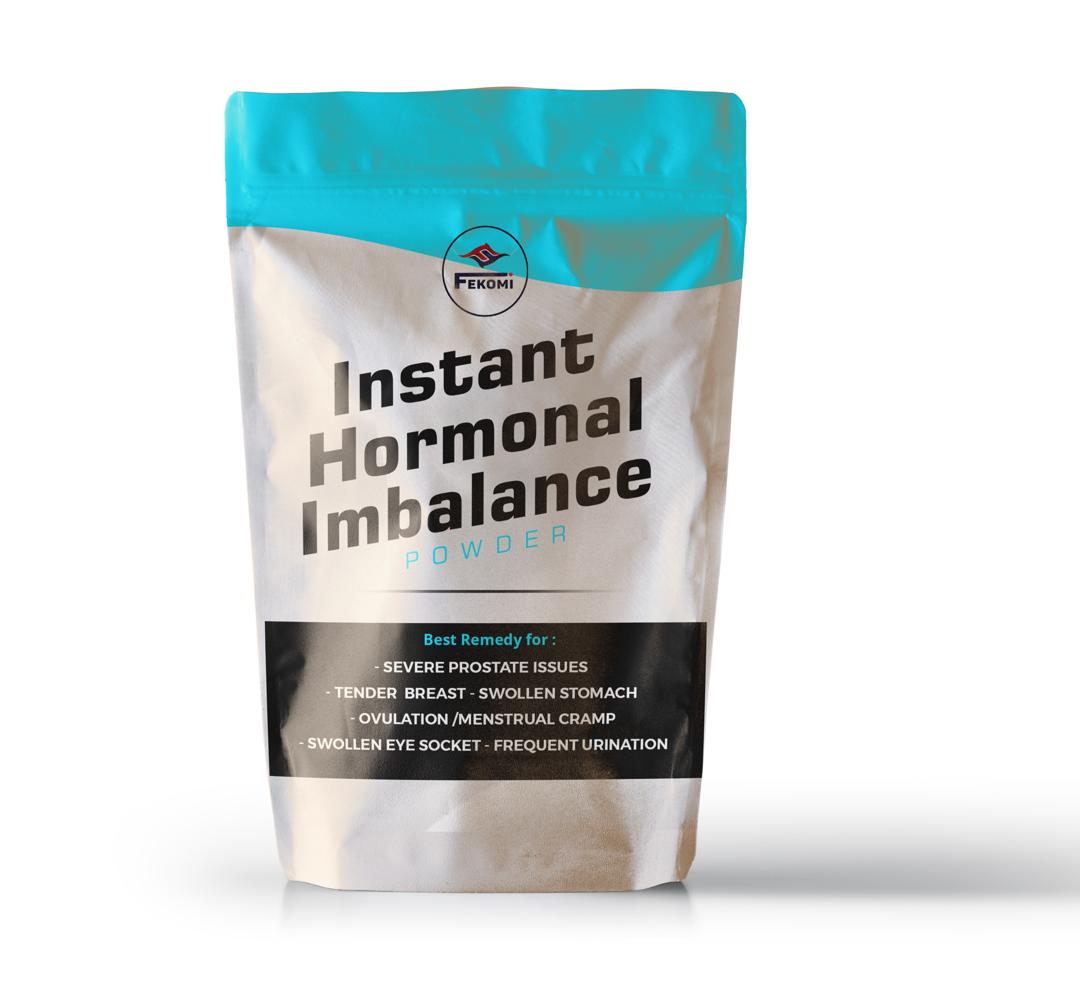Menstrual pain, causes and remedies
Menstrual Pain (dysmenorrhea)
Marking the monthly calendar is something most women would be glad to skip at the slightest opportunity. Although it’s normal to experience mood swings and discomfort during your menstruation (some start a few days before), menstrual pain is a monthly nightmare for some women. Sometimes, they wish it wouldn’t come at all. In some cases, some have to be put on an IV at the hospital before they can get over it. Imagine having to lay on the hospital bed for about three days every month.
Period pains can interfere in your daily activities and disrupt your plans.

Symptoms Of Menstrual Pain
Period pain may include the following symptoms:
- Menstrual pain extending to the lower back and thighs
- A dull, continuous discomfort
- Throbbing or cramping in your lower abdomen.
- Headache
- Loose stools
- Dizziness
- Nausea
Causes Of Menstrual Pain
A friend once asked me, “why do I have to go through this pain every month just because I’m a woman?” painful periods could occur due to primary or secondary dysmenorrhea. Secondary dysmenorrhea affects the uterus or the pelvic organs.
The following are the main known causes of secondary dysmenorrhea:
Endometriosis
This is a condition in which tissue similar to that which lines the uterus develops outside the uterus in areas it does not belong (such as pelvis, ovaries, bladder, fallopian tube, pelvic floor, etc). Although it is not known why endometriosis causes menstrual pain, it is believed that the pain is probably to where the endometriosis is located and the way it presents.
Premenstrual Syndrome
This can occur due to hormonal changes in the body that take place 1-2 weeks before menstruation. The pain goes away as soon as bleeding starts.
Adenomyosis
Endometrial tissue occurs within and grows into the uterine wall in this state. Note that this is different from endometriosis. In endometriosis, endometrial-like tissue develops into uterine muscle while in adenomyosis, the endometrial-like tissue develops outside the uterus. Adenomyosis may sometimes cause heavy or extended menstruation, painful sex, severe cramps, or blood clots during a period.
Fibroids In The Uterine
Hormonal imbalances in women can cause heavy or painful periods. Heavy or painful periods, abdominal pain, constipation, frequent urination, or painful sex, may be a sign that you have uterine fibroids (non-cancerous growths). The cause of uterine fibroids is not known yet. It is believed to be associated with estrogen levels.
Copper IUD
This is a temporary and non hormonal birth control. It can prevent pregnancy for about ten years. It can cause heavy and painful menstruation especially in the first few months of insertion.
Infections
Infections like pelvic inflammatory disease (PID), a sexually transmitted infection that occur when bacteria spread from the vagina to the female reproductive organs (fallopian tube, ovaries, or uterus). In most cases, PID is caused by gonorrhea or chlamydia. It causes painful periods, painful sex , scarring and if left untreated, it can result in infertility.
Uterine Defects (congenital uterine abnormality)
This abnormality of the womb occurs during embryonic development. It affects about 5% of women. If you are suffering from this condition, it means that your womb does not form properly and this can cause painful sex, period pain, and infertility. The most common uterine defects include: septate uterus, bicornuate uterus, unicornuate uterus, and uterine didelphys.
Cervical Stenosis
This is a rare condition in which the cervix opening is too small hence, slows down menstrual flow. This causes an increased pressure within the uterus thereby causing pain.
Primary Dysmenorrhea
This occurs as a result of an increase in the production of prostaglandins (uterine hormones that trigger the uterus to contract). About 50% of women experience this.
How To Overcome Menstrual pain
- Heat therapy: apply heat to your abdomen and back
- Take pain reliever such as ibuprofen
- Exercise (such as yoga, deep breathing exercises, meditation, and counseling) can help.
- Reduce stress
- Incorporate enough vitamins and minerals in your diet
Is There A Permanent Solution To Menstrual Cramps?
If your menstrual cramp is caused by an underlying health condition (secondary dysmenorrhea), the best thing to do is to treat the ailment. Onec this is done, your menstrual cramp episode will be over.
Primary dysmenorrhea will most likely go away as you get older.
Fekomi products for menstrual cramps
If your menstrual cramps are as a result of hormonal changes and infection, the following products from fekomi herbals is for you:
Instant Hormonal Imbalance

This product is well-formulated from the combination of powerful herbs as a fast cure for painful menstruation, gynecomastia, prostate issues, ovulation cramps, frequent urination, etc. by balancing your hormones. Click here to order your Instant Hormonal Imbalance Powder
Terminator

This herbal tea is for the treatment of acute and chronic STIs and STDs. click here to read more about terminator. Click here to shop for yours
Need To Speak With A Healthcare Consultant?
Book an appointment with a certified healthcare consultant at Fekomiwellness today and begin your wellness journey. Our team of medical experts are always ready to help with your health concerns. Kindly call our desk line on +2349074197154 for more enquiries.
